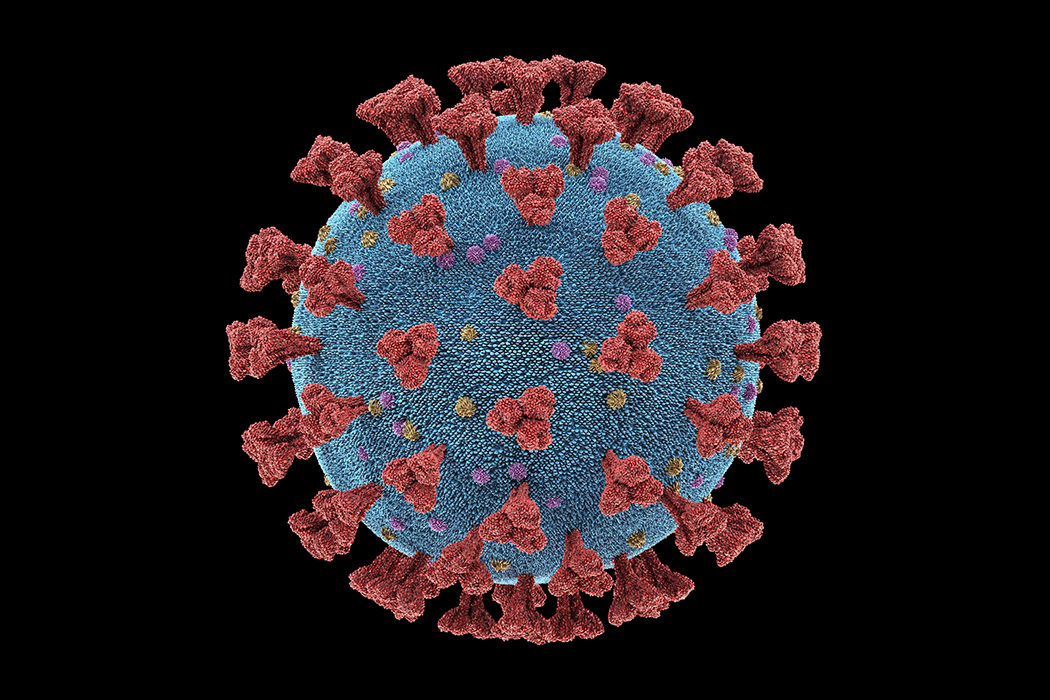
For more than a week, a fever of unknown origin has been reported in parts of northern Uttar Pradesh in northern India. According to media reports, at least 50 people have already died, mostly children.
Patients also experience increased sweating, muscle and headaches, dehydration and nausea, according to the BBC. In some cases, there was a rash on the legs and arms. Several hundred people were hospitalized. None of them tested positive for coronavirus.
Fever can be caused by the dengue virus.
Doctors in Uttar Pradesh districts, where cases of the mysterious disease have been reported, including Agra, Mathura, Mainpur, Tya, Kasganj and Firozabad, believe it may be caused by a dengue virus strain. They indicate that many patients have been hospitalized due to a decrease in platelet count, which is characteristic of severe disease.
“Patients, especially children, die very quickly in hospitals,” said Dr. Nita Kulshresta, the oldest health doctor in the Firozabad district. Last week, 40 people died there, including 32 children.
Dengue fever is an infectious disease that is most common in tropical climates. 70 percent of its cases are reported in Asia. Distributed by mosquitoes – Aedes aegypti – breed indoors in tanks with fresh water. “People provide breeding grounds for mosquitoes, and only humans can pick them up,” said Dr. Scott Holsted, a virologist, in an interview with the BBC.
About 100 million serious cases of dengue infection are registered annually. According to the World Health Organization (WHO), the combined effects of the COVID-19 and dengue epidemics could have catastrophic consequences for vulnerable populations.